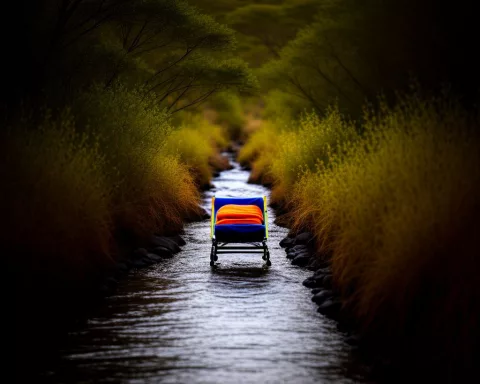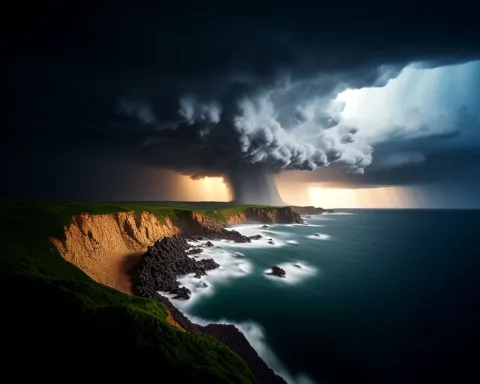The Western Cape region of South Africa is facing a potential disaster due to its heavy reliance on diesel. The region depends on Eskom’s diesel-powered station at Ankerlig and diesel generators at hospitals, schools, and businesses, which raises concerns about the consequences of an unforeseen crisis. This issue was highlighted during a recent Cape Town Press Club gathering where Premier Alan Winde acknowledged the possibility of a diesel crisis.
Possible Diesel Shortage
A few months ago, the Western Cape was on the brink of a diesel shortage due to ocean storms causing shipment delays. The ongoing level six load shedding has made the problem worse, causing a rapid depletion of diesel reserves in the private, government, and Eskom sectors.
Challenges with Storage and Consumption
The trucks transporting diesel to Ankerlig have inadequate storage capacity, leading to constant delays. Ankerlig was originally designed as a peak-load-only plant but now operates like a base-load plant, burning through diesel at an alarming rate. This excess consumption of diesel heightens the potential for a crisis in the Western Cape.
Resuming Production
The local Caltex refinery’s recent resumption of production offers some reprieve, but the issue is far from resolved. The advent of large-scale refineries employing new technology has rendered smaller, older refineries obsolete. Consequently, many smaller refineries have ceased operations. Premier Winde expressed relief that diesel production in the local refinery has resumed.
Risk Analysis and Energy Mix
The Western Cape’s provincial administration has a sophisticated risk analysis system overseen by a world-class disaster management team. This team maintains a dashboard that tracks diesel levels at each hospital and school, allowing them to monitor and manage risks effectively. The private sector has also adopted similar strategies as a result of the recent near-crisis.
Diesel accounts for a certain percentage of the energy mix, along with LPG (liquid petroleum gas). Premier Winde expressed a desire to include a component of liquid natural gas to help alleviate reliance on diesel alone.
Integrated Resource Plan
To address the Western Cape’s energy needs, the province is developing an Integrated Resource Plan. This plan will analyze current energy consumption, future energy requirements, and potential energy sources. A focus on the transition to green hydrogen and green steel is vital for the region’s long-term sustainability. Businesses must also weigh the merits of investing in another refinery or expanding the current Caltex refinery.
The Western Cape’s struggle with diesel dependency highlights the need for a comprehensive, strategic approach to energy management. By diversifying energy sources and incorporating new technologies, the Western Cape can mitigate the risks of a crisis and work towards a sustainable future.












